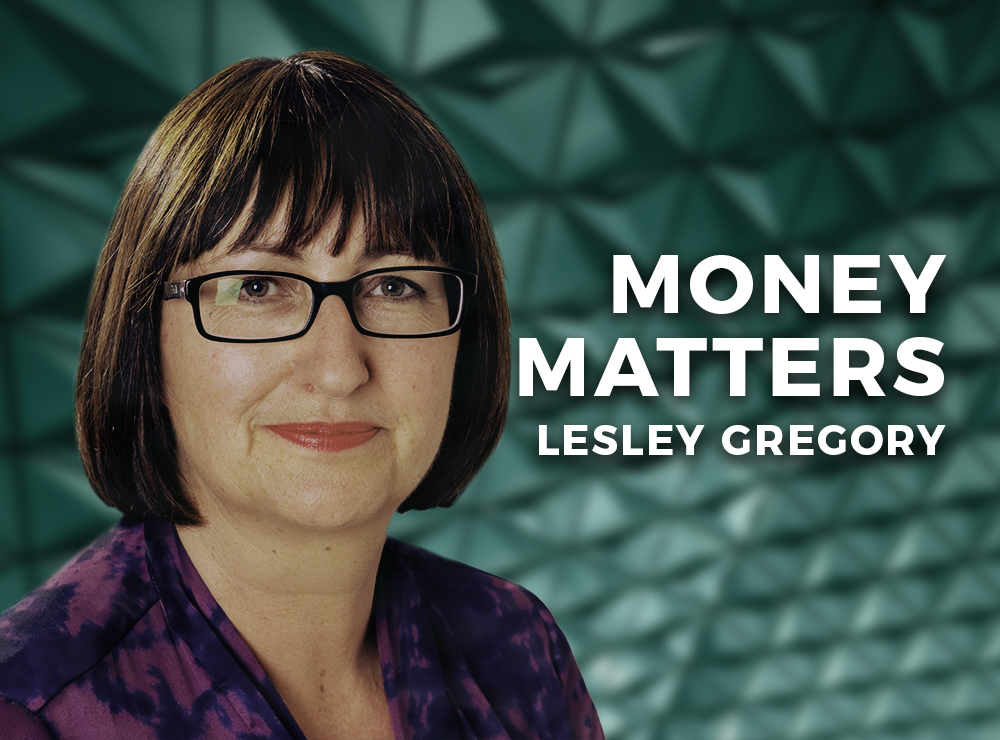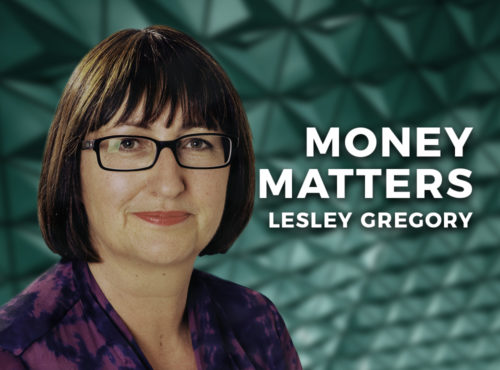
By LESLEY GREGORY
The retail sector is having a tough time and one response has been to try to attract buyers with special sales and discounts. And they’re not your standard 10 or 15 per cent off but sometimes discounts in the order of 50 to 60 per cent. Is it time to nab a bargain?
I’m all for supporting businesses at this difficult time when you can afford to do so. However, that doesn’t mean you should let your consumer sense fly entirely out the window. Sometimes a bargain really is a bargain. Often, though, a supposedly incredible deal means acquiring yet another item we don’t actually need, in which case the “real” cost is higher than we think.
There’s also pricing sleight of hand that’s perfectly legal but which might fool you into thinking you’re nabbing a bargain when you’re not, or that the bargain is bigger than you’re actually getting.
Free delivery
You need a new smart-casual shirt for your Zoom meetings. One of the big online stores has something nice, at £45. But, rats, you’ll have to pay a delivery fee because your shopping cart falls just short of the threshold of £50. So you choose the same shirt in a second colour and there you have it — free delivery! But was it really “free”? No, it cost you £45 — the price of the second shirt, which you weren’t planning to buy and don’t really need. You should have just paid £5 for delivery.
Second pair half price
The trousers cost £60. But the offer says that if you buy another pair the second pair will be half price. Half price! What a bargain. In fact, the same caveat applies as in the first example. But do you really need a second pair of trousers? If you don’t then, in reality, you’re out of pocket £30.
What’s more, do the sums and you’ll see that what you’re actually getting is a 25 per cent discount on your shopping cart — two pairs of trousers for £90 instead of £120 — because you’re still paying top price for the first pair. And yet you’d probably wander past a 30 per cent discount to get to the offer of a second item at “half price”.
Bargain table
There could be a reason something is a bargain. For example, numerous other shoppers have let it pass and now it’s on the end-of-season bargain table. If an item is ridiculously cheap, inspect it carefully. Ask yourself, is it poorly made? Is it worse for wear after months of being picked up and put down? Perhaps it is an unfriendly colour that won’t actually go with much? There’s likely to be a reason it’s unloved and left behind.
Buy it for later
Who’s bought something because it’s insanely cheap now and you’re sure you’ll find a use for it? Then never do. If so, a great piece of advice a professional stylist once gave me was: “If you’re not going to wear it this weekend, don’t buy it — no matter what the price is.”
Original price
Have you even seen a pre-printed tag with words to the effect: “Original price £49.99. Our price £39.99.” Think about it — it’s pre-printed. In all likelihood the item was never sold at £49.99. If an item really has been marked down, its new price will probably take the shape of a neon orange sticker placed haphazardly over the original price.
Cash-back offers
Mail-in rebates, as they’re also known, are infrequent but can be pretty tempting. Potentially sizeable sums are on offer — usually for large electronic items — if you buy at full price then send in a coupon or fill in your purchase details online to claim your rebate. What the manufacturer knows from past experience is that many of us simply won’t make a claim. We forget to apply before the rebate’s deadline. Or we lose the receipt. If you go for this sort of offer be absolutely ruthless about making your claim as soon as humanly possible. If you’re not the organised type, make your purchasing decision based on the full price, not the deal.
There’s an entire science around pricing and businesses use this to their best advantage. Fair enough. You can use it to your advantage too but only if there really is a bargain to be had.
LESLEY GREGORY is an experienced personal finance and consumer journalist. She regular writes for TEBI money and personal finance issues that aren’t directly related to investing.
Also by Lesley Gregory:
How to cut your spending in the crisis
The hidden costs of online shopping
Every purchase has an opportunity cost
How to protect your credit score from COVID
Lasting changes COVID could make to our finances
WHAT TO READ NEXT
If you found this article interesting, we think you’ll enjoy these too:
How to protect your pension from scammers
Four financial priorities for young adults
FIND AN ADVISER
The evidence is clear that you are far more likely to achieve your financial goals if you use an adviser and have a financial plan.
That’s why we’re now offering a service called Find an Adviser.
Wherever they are in the world, we will put TEBI readers in contact with an adviser in their area (or at least in their country) whom we know personally, who shares our evidence-based investment philosophy and who we feel is best able to help them. If we don’t know of anyone suitable we will say.
We’re charging advisers a small fee for each successful referral, which will help to fund future content.
For compliance reasons, this service is currently unavailable to readers in the US.
Need help? Click here.
© The Evidence-Based Investor MMXX







